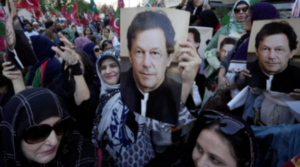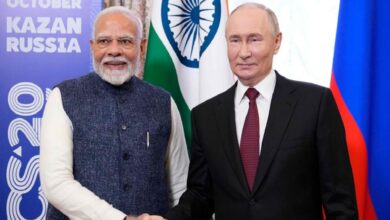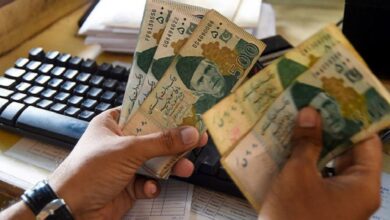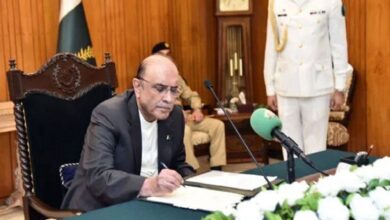Groundbreaking Improvements Needed: PILDAT Highlights Areas for Electoral Reform in Pakistan
In a comprehensive assessment, the Pakistan Institute of Legislative Development and Transparency (PILDAT) has shed light on critical areas requiring attention in the wake of the recently concluded February 8 elections. The report, disclosed by Dawn, reveals a call for substantial electoral reforms, emphasizing the need for a significant overhaul to enhance the fairness and efficiency of the electoral process.
PILDAT’s independent evaluation, drawing on insights from diverse stakeholders including politicians, legal experts, activists, retired bureaucrats, military officials, and youth actively engaged in politics, employs a meticulous questionnaire to gauge the performance of various electoral phases. The report, while acknowledging the strides made in previous elections, highlights key concerns that demand immediate attention.
During the pre-polling phase, the report brings attention to issues surrounding the perceived impartiality of crucial institutions like the judiciary, Election Commission of Pakistan (ECP), caretaker governments, and intelligence agencies. Despite scoring on par with the 2018 election at 50%, the pre-polling phase fell short of the 62% achieved in the 2013 election.
An aspect of particular concern is the election day polling and post-polling processes, both scoring 40%, reflecting a significant decline compared to the 2013 and 2018 elections. The report underscores problems such as political repression, suspension of mobile and internet services on polling day, delays in announcing election results, and publication delays on the ECP website.
Furthermore, the report points out a delay in allocating reserved seats to the Sunni Ittehad Council, adding an additional layer of complexity to the post-polling phase. The 40% score in this segment is described as an “all-time low,” echoing the challenges faced during the 2002 general elections.
While acknowledging the progress made over the years, PILDAT’s report serves as a clarion call for substantial reforms to address these concerns, urging stakeholders to collaboratively work towards ensuring a fair and transparent electoral process in future elections.





